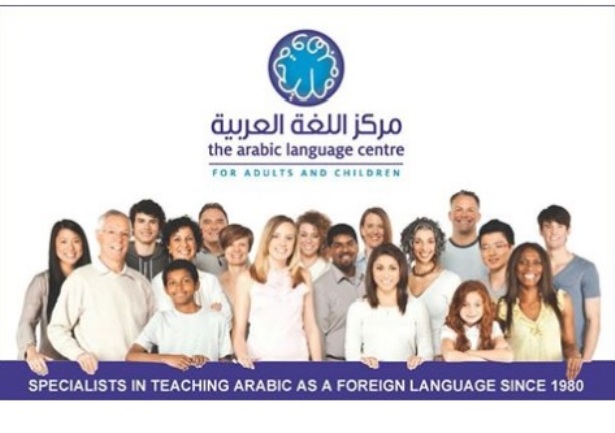Learning Arabic- The key for social and professional empowerment
By egor Sunday, 18 February 2018 6:11 PM

Language is the main medium of human communication whether used in spoken or written form. Learning a new language may open a world of opportunities and give you a boost up the ladder to success on both social and professional levels. In this part of the world, learning Arabic, the official language of the region, sets you apart as a distinguished individual who has gone the extra mile to know the language of the host country along with the cultural aspects embedded in it.
Arabic is a rich and fascinating language with more than a thousand-year-old history and has influenced many other languages, including Spanish, English, Hindi, Persian, Turkish and others. Arabic connects you to hundreds of millions of speakers around the globe. It is the fifth most spoken language in the world, with over 200 million native speakers of Arabic and more than 400 million total speakers of the language. Furthermore, the Arab world is considered to be a ‘high context’ culture, in which personal relationships are very important. In professional contexts, Arab business partners usually appreciate and respect anybody who has made the effort to learn some basic Arabic. Yet, many non-Arabic speaking professionals often do not have the necessary linguistic and cultural skills to deal with the challenges of doing business in the Arab world.
Over the last few years, interest in learning Arabic has dramatically grown. However, many people who wish to learn Arabic often find that there is an acute shortage of high quality, reliable and authoritative courses which teach Arabic as a Foreign Language (AFL), and which are designed with the needs of non-Arabic speaking expats in mind. Hence, learning Arabic can often seem like a challenging endeavor!
Many existing AFL courses tend to attach importance first and foremost to vocabulary, structure, and grammar. In other words, they adhere to traditional concepts and use somehow outdated language teaching methodologies. These courses are frequently presentational. The learner needs to bring considerable cognitive and analytical skills to the task of learning a language. In today’s world, few people have the time or academic skills to learn successfully with such methods and approaches. Furthermore, conventional AFL courses frequently neglect the ever more important aspect of cultural awareness and fail to recognize the learner’s need to be culturally competent in order to interact adequately with native Arabic speakers. In short, acquiring communicative competence in the target language requires a different kind and caliber of courses to the ones on offer.
The unique “Maliha Wehbe” teaching method adopted at the Arabic Language Centre (ALC) treats Arabic as a dynamic, living language. The center uses a unique method that presents Arabic in a simplified, systematic, and easy-to-learn manner. The method is highly interactive and student-centered; it is geared towards developing the learners’ confidence to speak the language in everyday, real-life situations in social and business contexts. The interactive approach employed at ALC can be described as a cognitive constructivist way to teaching whereby learning is viewed as an active process, and the learners as active meaning makers.
Teaching Arabic at ALC is conducted by an extensively trained pool of native Arabic speaking teachers from the Levant region, who share the passion of teaching Arabic to a multicultural audience. The method is delivered using level-specific course materials published in-house, while making use of the available technology of smart TVs and tablets in order to demonstrate and circulate the material to students. ALC’s AFL curriculum is structured into three main stages: Beginners, Intermediate and Advanced. Tuition is available all year round, in the form of public, corporate, or private classes, as per the learners’ needs and learning preferences. Public terms are offered on regular and intensive term basis following ALC’s academic yearly calendar.
ALC’s next Open House will be held on Tuesday, March 20th 5:00-9:00 p.m at the center’s premises located in Dubai World Trade Centre, Sheikh Rashid Tower, 4th Floor, Dubai-UAE. The event is free of charge and open to the public to tour the facility, meet the staff, and learn more about the centre’s services. Attendees will also have the opportunity to experience live language and cultural classes and interact with former ALC students. Local organizations and agencies are invited to attend and find out how language instruction builds community equity and how they can become involved and partner with the center. More information about the event and its itinerary will be available on ALC’s website (www.arabiclanguagecentre.com) towards the end of February.




























Add new comment